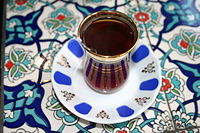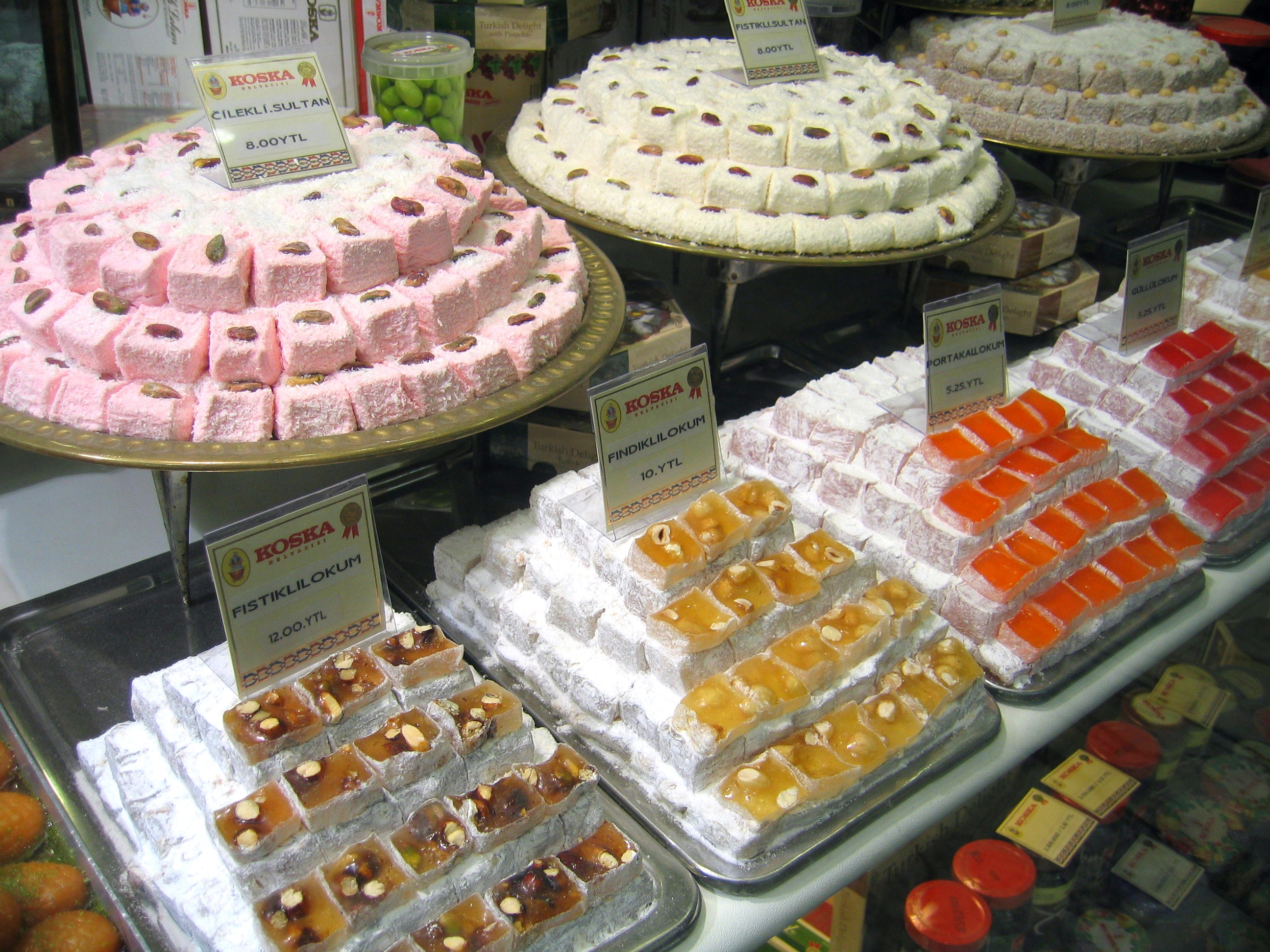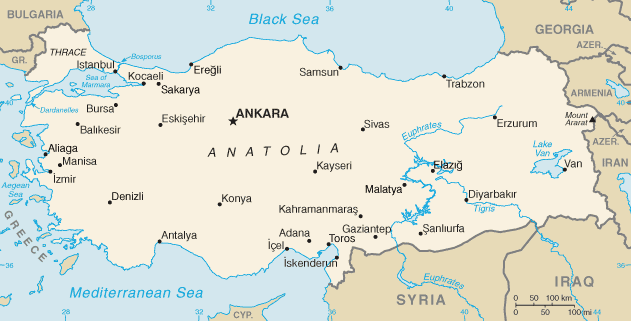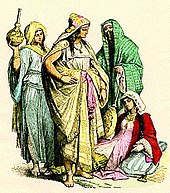 This movie makes me think about different culture.How difficult life can be for woman . I just can not belive this movie based on real story...Story about woman named by Soraya. She raised how to be good wife and mouther .She served here husband-Alle,but instead of being appreciat he abused here. Alle wanted divorce Soraya, because he found a new 14 years- old girl, but he did not want pay Soraya to support here and their dagther. Than he desaided to killed Soraya,for being free for next marrige. Alle used his connection with the corrupt local mullah and he convinced the men in the village that Soraya was a lusty woman. They found Soraya guilty of cheating on her husband and sentenced her to death by stoning. Her father ,her sons,villagers and friends were witness of her terrible death ,just because she smiled at widower. All of this story makes me think how much rights and freedom I have.Thanks Good I will never experiens that.
This movie makes me think about different culture.How difficult life can be for woman . I just can not belive this movie based on real story...Story about woman named by Soraya. She raised how to be good wife and mouther .She served here husband-Alle,but instead of being appreciat he abused here. Alle wanted divorce Soraya, because he found a new 14 years- old girl, but he did not want pay Soraya to support here and their dagther. Than he desaided to killed Soraya,for being free for next marrige. Alle used his connection with the corrupt local mullah and he convinced the men in the village that Soraya was a lusty woman. They found Soraya guilty of cheating on her husband and sentenced her to death by stoning. Her father ,her sons,villagers and friends were witness of her terrible death ,just because she smiled at widower. All of this story makes me think how much rights and freedom I have.Thanks Good I will never experiens that.Thursday, May 13, 2010
 This movie makes me think about different culture.How difficult life can be for woman . I just can not belive this movie based on real story...Story about woman named by Soraya. She raised how to be good wife and mouther .She served here husband-Alle,but instead of being appreciat he abused here. Alle wanted divorce Soraya, because he found a new 14 years- old girl, but he did not want pay Soraya to support here and their dagther. Than he desaided to killed Soraya,for being free for next marrige. Alle used his connection with the corrupt local mullah and he convinced the men in the village that Soraya was a lusty woman. They found Soraya guilty of cheating on her husband and sentenced her to death by stoning. Her father ,her sons,villagers and friends were witness of her terrible death ,just because she smiled at widower. All of this story makes me think how much rights and freedom I have.Thanks Good I will never experiens that.
This movie makes me think about different culture.How difficult life can be for woman . I just can not belive this movie based on real story...Story about woman named by Soraya. She raised how to be good wife and mouther .She served here husband-Alle,but instead of being appreciat he abused here. Alle wanted divorce Soraya, because he found a new 14 years- old girl, but he did not want pay Soraya to support here and their dagther. Than he desaided to killed Soraya,for being free for next marrige. Alle used his connection with the corrupt local mullah and he convinced the men in the village that Soraya was a lusty woman. They found Soraya guilty of cheating on her husband and sentenced her to death by stoning. Her father ,her sons,villagers and friends were witness of her terrible death ,just because she smiled at widower. All of this story makes me think how much rights and freedom I have.Thanks Good I will never experiens that.Thursday, May 6, 2010
During the early reforms under Islam in the 7th century, reforms in women's rights affected marriage, divorce and inheritance.[11] Women were not ac
Islam and Woman
In the 7th Islamic Women had not legal status in other cultures, including the West, until end of centuries. The dowry were a bride-price paid to the father, became a nuptial gift retained by the wife as part of her personal property."[11][14]
In the past Islamic marriage was not a "status" but was a "contract", in which woman imperative.[11][13][14] "Women were given inheritance rights in a patriarchal society that had previously restricted inheritance to male relatives."[11] Annemarie Schimmel states that "compared to the pre-Islamic position of women, Islamic legislation meant an enormous progress; the woman has the right, at least according to the letter of the law, to administer the wealth she has brought into the family or has earned by her own work."[15]
William Montgomery Watt explains: "At the time Islam began, the conditions of women were terrible - they had no right to own property, were supposed to be the property of the man, and if the man died everything went to his sons." Muhammad, however, by "instituting rights of property ownership, inheritance, education and divorce, gave women certain basic safeguards."[16]
During his life, Muhammad married twelve women depending upon the differing accounts of who were his wives.[17][18][19][20]
In contrast with the Western world where divorce was uncommon until day times, and in contrast to the low rates of divorce in the modern Middle East, divorce was a more common occurrence in certain states of the late medieval Muslim world. In the Mamluk Sultanate and Ottoman Empire, the rate of divorce was higher than it is today in the modern Middle East.[36]
In 15th century Egypt, Al-Sakhawi recorded the marital history of 500 women, the largest sample on married women in the Middle Ages, and found that at least a third of all women in the Mamluk Sultanate of Egypt and Syria married more than once, with many marrying three or more times. According to Al-Sakhawi, as many as three out of ten marriages in 15th century Cairo ended in divorce.[37] In the early 20th century, some villages in western Java and the Malay peninsula had divorce rates as high as 70%.[36]
Gender roles
Tuesday, May 4, 2010


 It is country in the Middle East.
It is country in the Middle East.
Jordan shares Dead Sea with Israel and The Palestinian Authority.
Much of Jordan is Arabian Desert. The capital of this country is Amman.
Most of the population are Sunni Muslim with a small Christian background .
The climate in Jordan dry in summer and cold in winter. Winter is humid season from November to March.In this time you can see a snowfall in Amman. Rest of the time is dry weather.The hottest time during the August. January is the coldest month.Snow came out couple of time in the winter.
The official currency is the Jordanian dinar
1 U.S.dollar=0.709dinar
The geography of this country makes Jordan attractive for so many visitors. About hall of the people who arrive in the country are tourists.

Thursday, April 22, 2010
Culinary customs:
Breakfast
Most of the time Turkish breakfast includes this ingredients : cheese, butter, olives, tomatoes, cucumbers, green peppers , recel is jam or marmalade(or rather whole fruit). Spicy sausages Sucuk is common Turkish food at the breakfast plate. Also one interesting things soup can be a morning meal. Of course traditional bread Pide-crusty white loft is eating at the morning. We cant talk about Turkish breakfast without Black tea the same way with Ukraine.


Simit is common breakfast item in Turkey. Black tea
Typical meal:
Turkish traditional food are homemade. Of course now day people get busy and they eating out lunch, but dinner most of the time Turkish are eating together at home.

The best delights in Turkey.
Tuesday, March 23, 2010
Few countries in the world have such a cultural diversity as Turkey. Spanning over two continents combining the East, the West and the Orient of today with the ancient Byzantine, Ottoman, Roman and Persian empires. Turkey stands in a class of its own.
2. Feel the warm ''welkom'' of the Turkish people.
3. Swim in the baths of Cleopatra at Haman Cove.
4. See first hand ancient artifacts from Roman, Byzantine and Ottoman Empires.
5. Enjoy culinary once offered to Sultans.
6. Walk the marble streets of ancient Ephesus.
7. Bask under the gold Mediterranean sun.
8. Lay down at the colorful Turkish carpet and you can sip local apple tea.
9. Snorkel over submerged Byzantine towns.
10.Visit a crusader's castle.
11. Plan an exotic river trip and see first hand ancient Lycian rock tombs.
12. Shop for bargains in exotic covered bazaars.
13.Listen to a melodic call to prayer from a graceful village mosque.
14. Stop for a great dinner at a colorful seaside cafe.
15. Savor fresh from the garden produce and fresh baked bread.
16. Explore pictures of ports with winding streets.
Wednesday, March 17, 2010
Geography of Turkey
 Turkey borders the Black Sea, between Bulgaria and Georgia, and borders the Aegean Sea and the Mediterranean Sea, between Greece and Syria.
Turkey borders the Black Sea, between Bulgaria and Georgia, and borders the Aegean Sea and the Mediterranean Sea, between Greece and Syria. Anatolia (Turkish: Anadolu) makes a bridge between Europe and Asia. The Anatolian part of Turkey includes 97% territory of the country with many hills and mountains. The others names of Anatolia are Asia Minor, Asiatic Turkey or the Anatolian Plateau.
The European part of Turkey is called Thrace (Turkish: Trakya). It includes 3% of the territory of the all country and it is home to more than 10% of all people who live in Turkey. Istanbul is the largest city of Europe and Turkey. It has a population of 11,372,613. Thrace is divided from the Asian portion of Turkey by the Bosporus (Turkish: İstanbul Boğazı), the Sea of Marmara (Turkish: Marmara Denizi), and the Dardanelles (Turkish: Çanakkale Boğazı).
Contents
[hide] ustafa Kemal Atatürk (May 19 ,1881-November 10.1938). Atatürk was a Turkish army officer , 1st President of Turkey, 1st Prime Minister of Turkey, 1st Speaker of Parliment of Turkey, and 1st Leader of Repablican Peopl's Party. Ataturk is knowing only one Ottoman commander during Word War 1. He led the Turkish movement in the Turkish war of Independence. The time when Ataturk was a president, he made program of political, economical and cultural reform. Mustafa Kemal changed former Ottoman Empire into a modern, democratic, nation-state.
ustafa Kemal Atatürk (May 19 ,1881-November 10.1938). Atatürk was a Turkish army officer , 1st President of Turkey, 1st Prime Minister of Turkey, 1st Speaker of Parliment of Turkey, and 1st Leader of Repablican Peopl's Party. Ataturk is knowing only one Ottoman commander during Word War 1. He led the Turkish movement in the Turkish war of Independence. The time when Ataturk was a president, he made program of political, economical and cultural reform. Mustafa Kemal changed former Ottoman Empire into a modern, democratic, nation-state.


